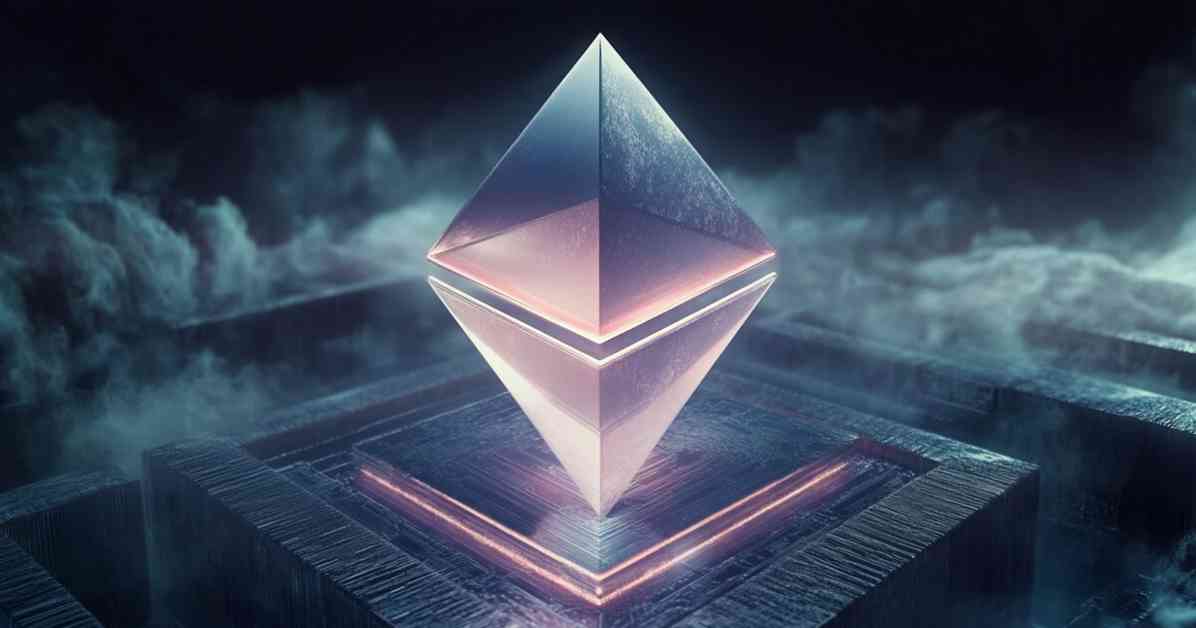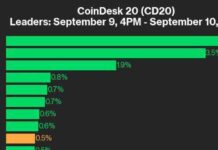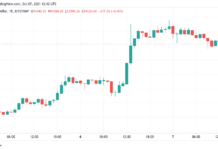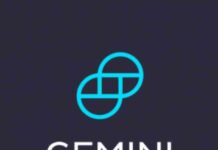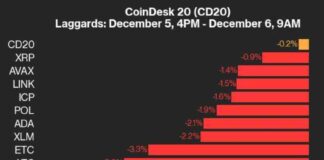Ethereum’s gas fees have become a pressing issue, underscoring the critical need for zero-knowledge proofs to tackle computational costs and transaction congestion. In light of recent developments along the Ethereum roadmap, such as EIP-4844 (Dencun) introducing blobs and proto-danksharding, the network has made significant advancements. These updates have made data storage more affordable for Layer 2s, resulting in lower transaction fees and enhanced infrastructure.
Despite these improvements, Ethereum continues to face congestion issues, especially as the demand for blockchain applications grows. The high gas fees during peak times have highlighted the need for off-chain computation while maintaining data integrity through verifiable proofs. Zero-knowledge proofs offer a solution to this challenge, but the cost and complexity of verifying these proofs on-chain remain significant hurdles.
While optimistic rollups offer a more cost-effective verification process, zk-rollups present challenges due to the specialized hardware required for proof generation and conversion. For businesses looking to conduct confidential transactions on-chain, zk-rollups are the preferred choice, but the high verification costs can be prohibitive.
The debate over proof verification methods has led to differing approaches among Layer 2 ecosystems. While some prioritize on-chain verification to spread costs across users, others see the value in modular off-chain verification solutions like zkVerify. Rollup-as-a-service (RaaS) providers, catering to small and medium-sized projects, have embraced the idea of off-chain proof verification to reduce costs and improve accessibility.
The limitations of the Ethereum Virtual Machine (EVM) in handling zero-knowledge elliptic curves have also come to the forefront. The current EVM precompile only supports three mathematical operations on a single curve, restricting developers’ ability to choose the most suitable zk-SNARK for their applications. The lack of advanced precompiles on the EVM and the slow pace of implementation raise questions about the platform’s scalability and efficiency.
To address these challenges, Horizen Labs is offering modular proof verification with zkVerify and developing an EVM-compatible chain with support for advanced zero-knowledge precompiles. By leveraging Substrate for forkless upgrades and community-driven governance, Horizen 2.0 aims to provide a seamless transition for developers seeking a more efficient and cost-effective blockchain solution.
In conclusion, the evolution of the EVM with zero-knowledge technology is essential for the future of blockchain adoption. Whether through off-chain verification solutions or advanced precompiles, addressing the scalability and cost issues of Ethereum is crucial for unleashing its full potential in the digital economy.
